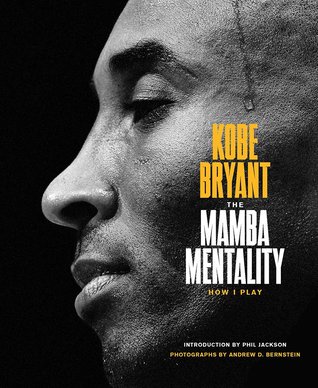
The Mamba Mentality – 3 Lessons
I recently read through The Mamba Mentality: How I Play, it was a fascinating peek into the mind of a top 0.00001% athlete.
Here are 3 things that I took away:
1. Be creative in strengthening your craft
Kobe quickly understood the kinetic chain and applied the ‘theory of constraints’, to diagnose where he needed to strengthen and maintain his mobility on the court.
After suffering from an ankle injury he realised that without strong flexible ankles, it would lead his lower body to being injury prone i.e. knees and hips. As part of rehabilitation he took up tap dancing, which would be beneficial to him for the rest of his career.
Where can you learning something new, that’s a little left field from you area of expertise and have it make a positive impact to it?
2. Understand the perspective of other critical stakeholders
In the case of basketball, it was getting inside the referee’s head. By meticulously reading through the referee’s manual Kobe gained an advantage in understanding what they’re looking for based on which position on the court they’re occupying.
In doing so Kobe could then recognise the ‘blind’ spots on the court where referee’s would be paying less attention to, and exploit those situation.
Who else are participants in your game, but not necessarily a player?
3. Avoiding sunk costs and adapt
Being adaptable and knowing when you need an alternative solution regardless of the investment put into the current one is extremely valuable. A basketballer’s shooting form, is like a person’s writing grip. There may be tweaks and changes, but it typically stays the same if it’s been successful.
When Kobe injured one of his shooting fingers to where he had limited feeling in it, he acknowledged it was time to change his shooting form. He’s attempted over 1 million shots before changing his release fingers, which is like learning to write again without a thumb, whilst trying to maintain your speed and legibility. It would’ve been much easier to stick was working, but Kobe was looking at payoffs over longer time horizons.
What traditionally has been a strength that maybe be a weakness in the future?